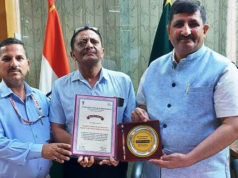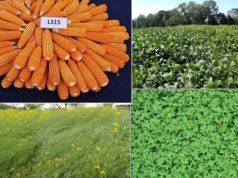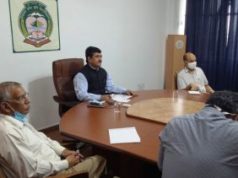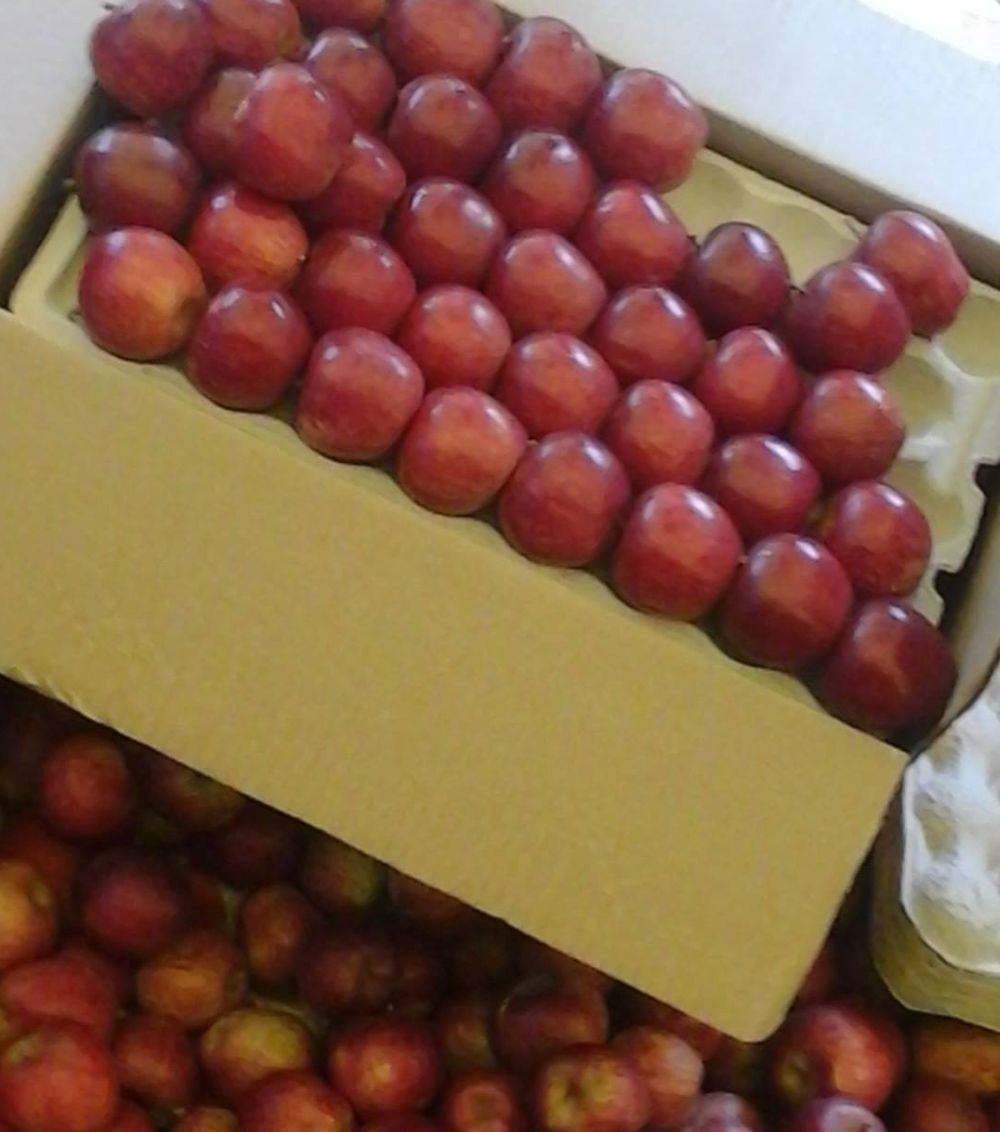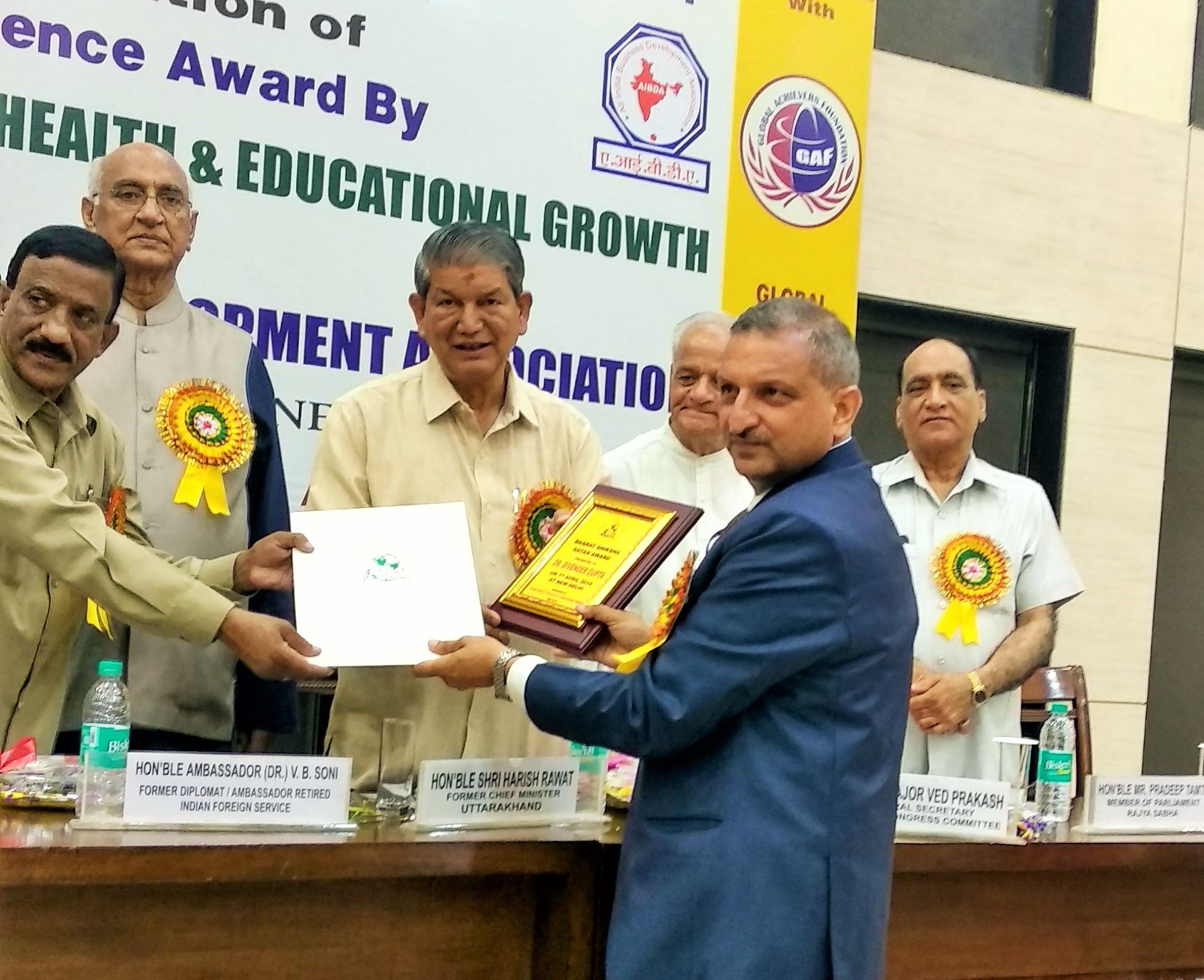Palampur: The CSK HP Agricultural University Vice-Chancellor, Prof. H.K. Chaudhary said that the University will enhance the speed and precision of various crop improvement programmes for diverse farming communities of north- west Himalayas.
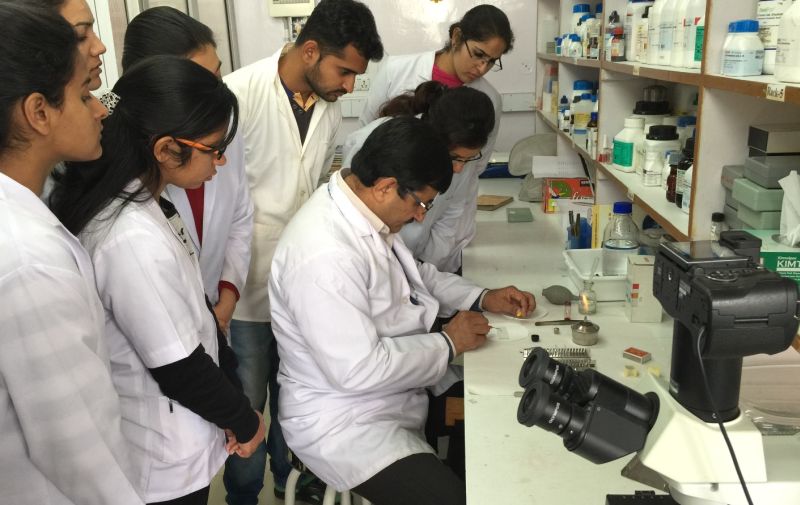
The Vice-Chancellor said that scientific innovations at internationally acclaimed High-tech Molecular Cytogenetics and Tissue Culture Lab, invented Chromosome Elimination Mediated Wide Hybridization Technique. It is cross of Wheat and Imperata cylindrica System leading to Doubled Haploidy (DH) Breeding. This work has been able to open new vistas by excessively shortening the breeding cycle and actually accelerated the varietal development programmes of bread (chapati) and durum (pasta) wheat.
The University has been able to set an example by developing and releasing first DH wheat variety ‘Him Pratham’ of the country. It was notified by the Central Sub-Committee of the Govt. of India in 2016.
Prof Chaudhary informed that many institutes of the country are harvesting the advantage of this facility at his University for accelerating varietal development programmes and also for developing gene mapping populations in shortest possible time. This department has attracted various international collaborations with premier Labs in Japan and England and has established student exchange programmes by securing prestigious international scholarships.
This High- tech Lab has also pioneered in establishing for the first-time molecular cytogenetics facility with the support of Ministry of Science & Technology, Govt. of India for physical mapping of targeted genes introgressed in various crop species by using novel tools like GISH & FISH for enhancing precision of selection of desired recombinants in an accelerated manner. Combination of DH Breeding and Molecular Cytogenetics techniques has opened new horizon in the sphere of Speed and Precision breeding for the targeted crop improvement in the shortest possible time.
Prof Chaudhary told that a efforts are being made to develop wheat varieties associated with high profile drought and disease resistance (yellow and brown rusts) for rainfed agriculture and enhance the productivity and quality level by utilizing Himalayan old wheat genetic resources and the novel plant breeding and biotechnological approaches in time-bound and precised manner.
Keeping in view the congenial environment at Palampur and available technical expertise in the high-tech MCT Lab, the Vice-Chancellor said that the University has proposed to develop a national facility for DH Breeding in wheat to cater to the needs of wheat geneticists, breeders and biotechnologists of the country for accelerating their wheat improvement endeavours.



